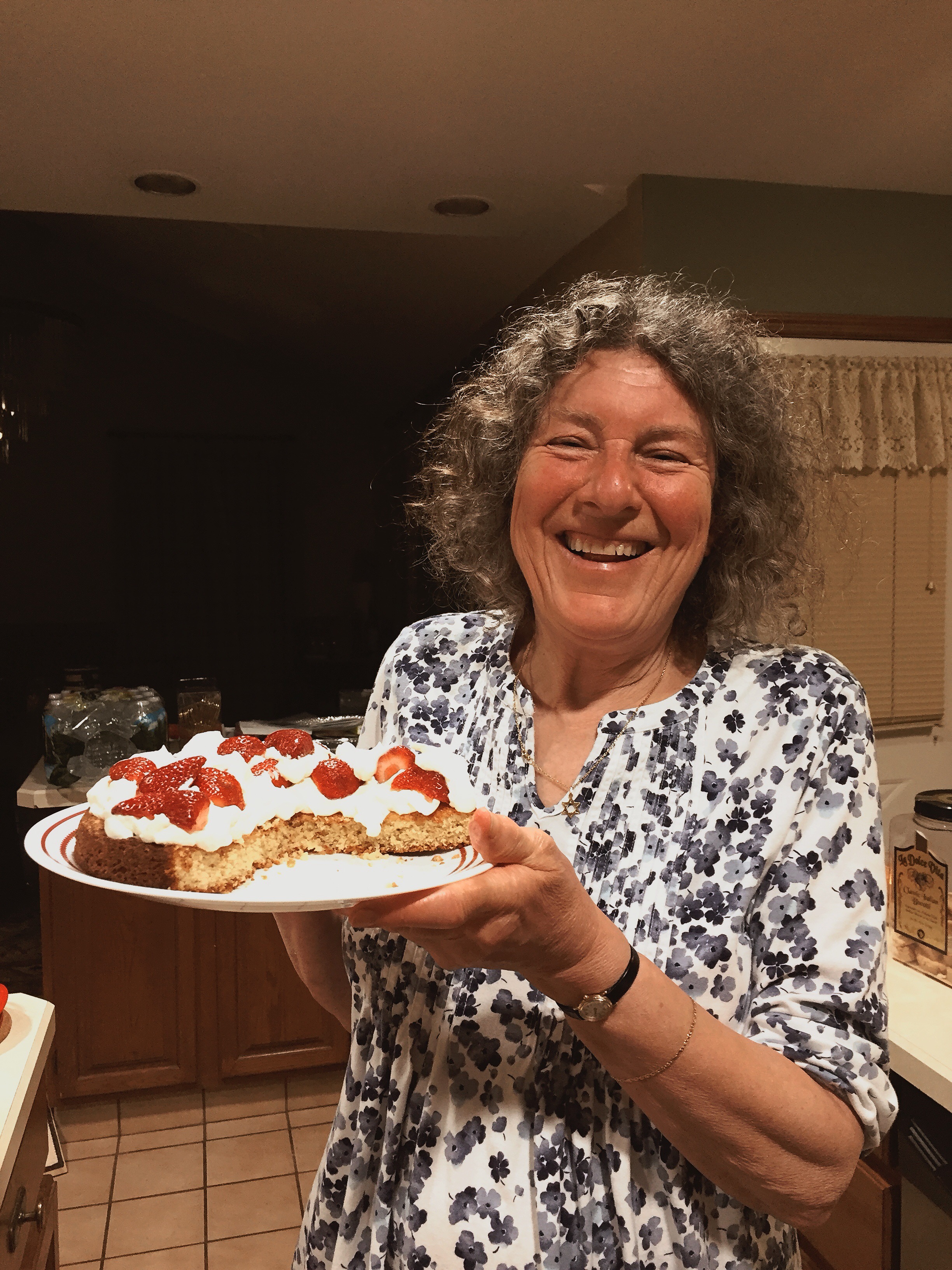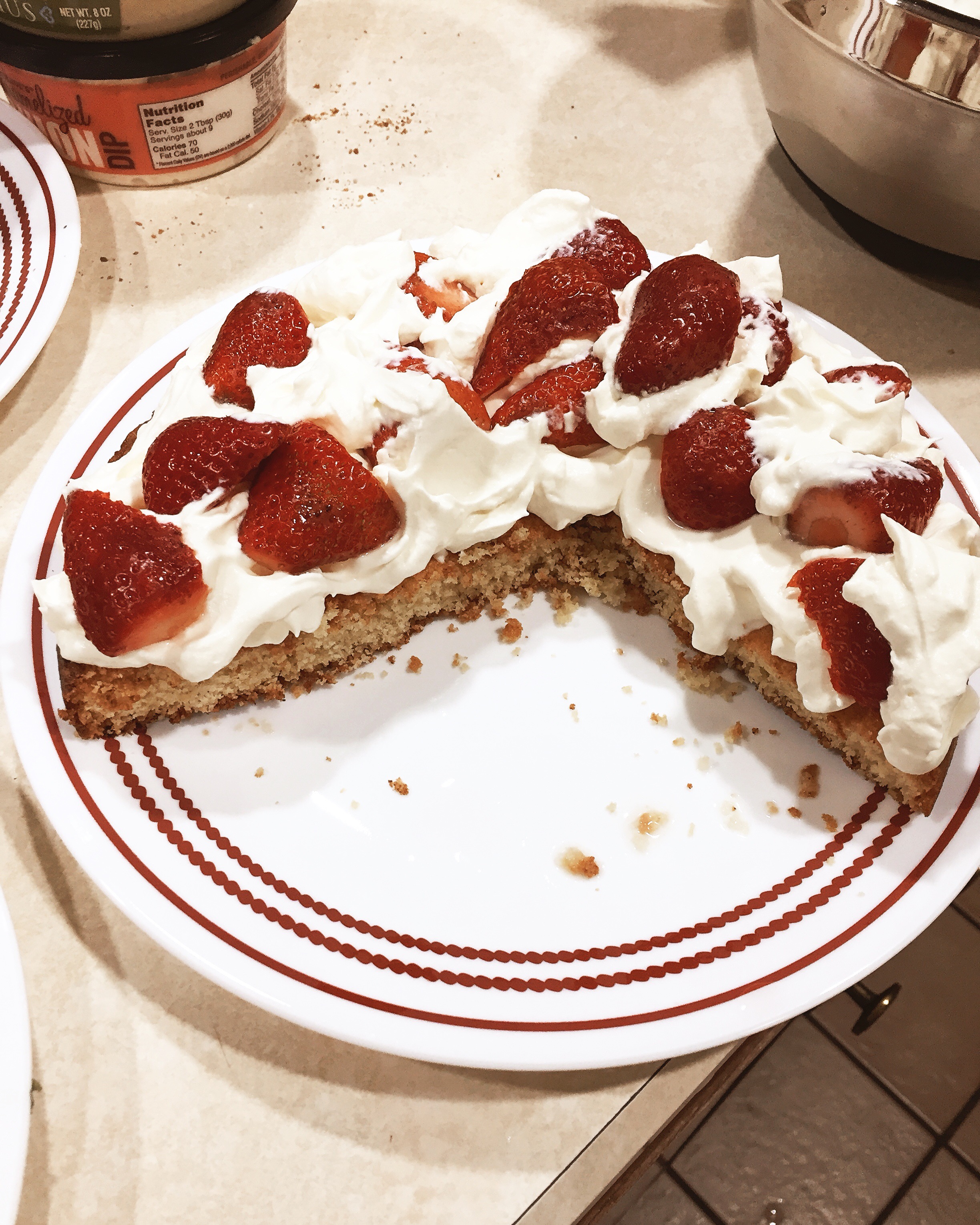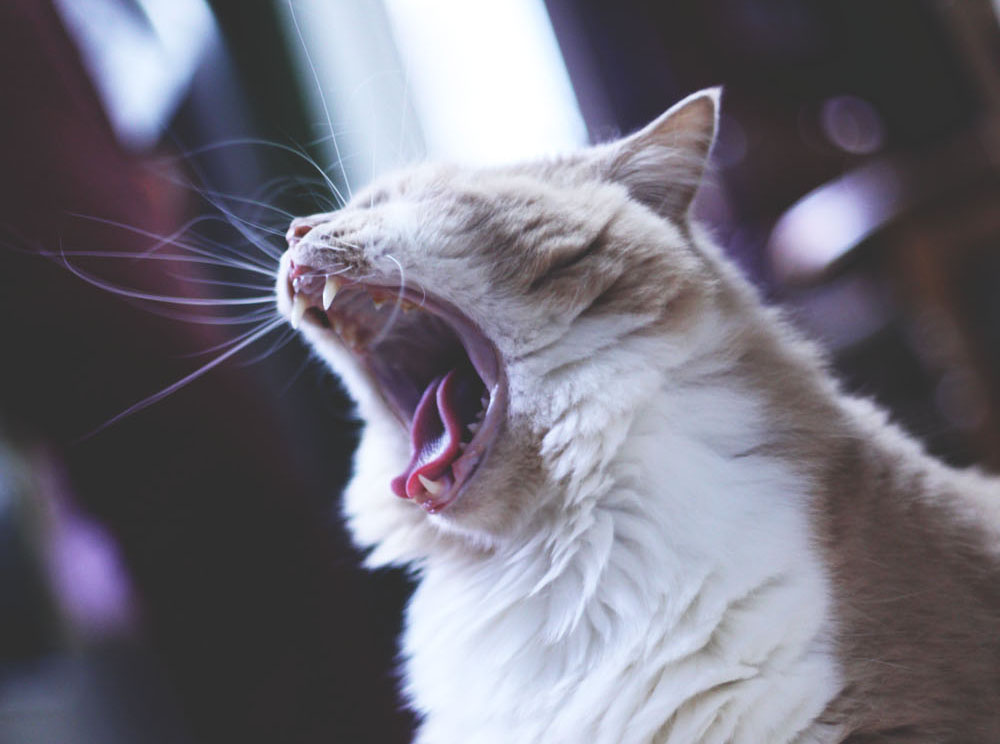I hadn't realized until it was pointed out to me, that there are so many references to food in And All is Always Now. And this should come as no surprise, as I love food and even teach a class on food, and am always planning my next delicious meal, even as I drive home from a long, tiring day at work.
Since And All is Always Now takes place in England and the US, and a little in France, there is mention of some foods from each country. There's of course roast beef and Yorkshire pudding, scones, sticky buns and trifle from England; sandwiches, salads, sprouts and New Age food, and of course the chocolate devil food cake from the US; and baguettes, pate, croque monsieur, and moules marinieres from France, to name just some of the foods consumed by those lucky characters in And All is Always Now.
One significant fact that came to light was the Englishman's (and woman's) delight in coming to the US and eating the food here. On first impressions, it seems that in the US, it's a regular Garden of Eden as all the fruit and vegetables are so large and shiny and brightly colored and unblemished, and the portion sizes of each meal are a source of joy for anyone who likes to eat a lot. Going out for a salad (and not even requesting "the big salad" as did Elaine in Seinfeld) might produce an imaginative selection of vegetables, nuts, fruit, grain and chicken heaped into a bowl equivalent in size to feeding a whole family in England, and as for the sandwich - well, it seems one has to have jaws like a snake to be able to open one's mouth sufficiently widely to be able to take a bite.
Some people complain about the food in England, but I don't think there are valid grounds for criticism. I think desserts are particularly enticing in England, as nearly all are smothered in thick cream, which in my mind is always a treat. Below is a recipe for a Strawberry Cream Cake:
Strawberry Cream Cake
Blend together 8 ounces of butter and 8 ounces of raw brown sugar.
Stir in 4 eggs.
Stir in 8 ounces of unbleached white flour.
Add 3 heaped teaspoons of baking powder.
Pour batter into two greased baking pans and bake in the oven at 350 degrees for about 25 minutes, or until it smells right.
The cakes should be a golden brown in color.
Test by inserting a fork to make sure it comes out dry.
Turn out onto a rack and leave to cool.
Meanwhile whip up a lot of cream (the more you have, the more delicious the cake) until it makes soft peaks.
Spread over one of the cooled cakes and add a generous amount of cut up fresh strawberries.
Put the other cake layer on top, and repeat, by adding much more whipped cream and strawberries on the top.
Bon appetit!
Should you want to know any other recipes, please ask me and I will gladly provide them.






